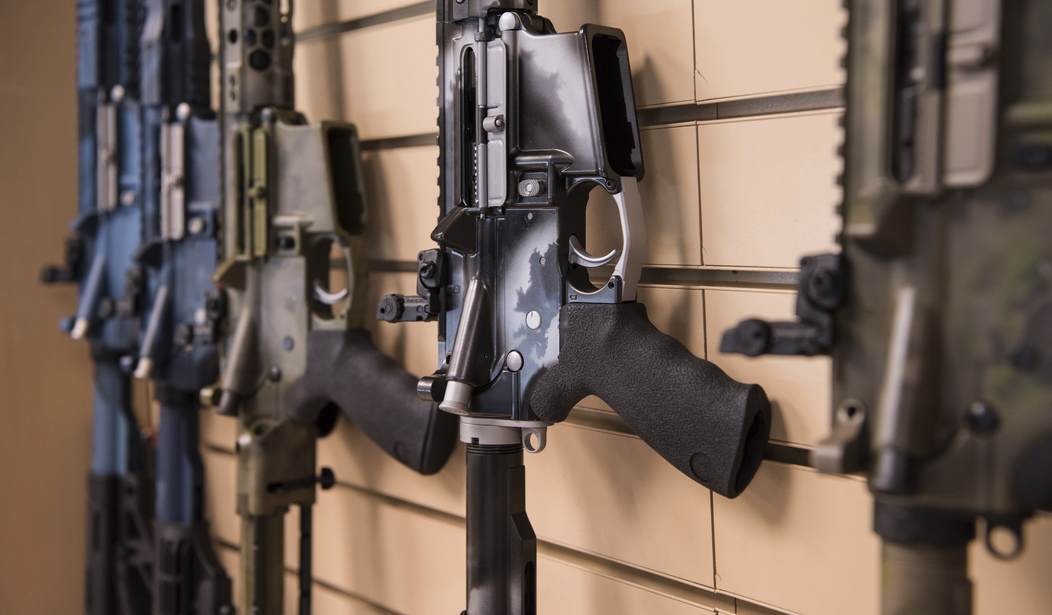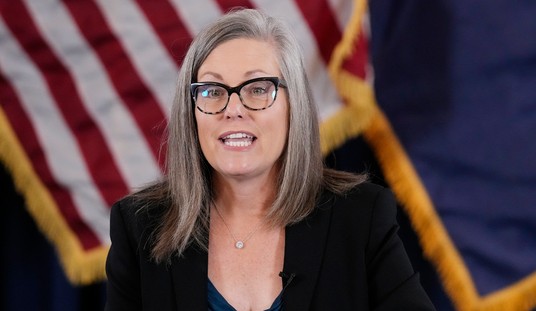The Trudeau government may be calling it a gun “buyback,” but they’re not talking about asking Canadian citizens to turn in unwanted guns in exchange for gift cards. Instead, Liberals in charge in Canada will be demanding that the lawful owners of more than 1,500 models of firearms hand them over to the government in exchange for some cash. If they don’t, they’ll be considered criminals in illegal possession of a forbidden weapon.
The gun confiscation has been a part of Trudeau’s gun control plans for well over a year now, but officials have struggled to actually put that plan into action. According to one high ranking member of the Trudeau administration, however, that could soon change.
Public Safety Minister Marco Mendicino said Wednesday that a mandatory buyback program will be launched as soon as this spring for the upwards of 1,500 kinds of firearms banned by the government in 2020.
The controversial order-in-council announcing the ban of what Ottawa called “assault-style” weapons was accompanied by a two-year amnesty for owners, in part to allow for a buyback program to be set up.
That amnesty was set to expire next month. With no buyback program yet in place, the government will now extend the amnesty to October 2023.
“We’re not saying it’s going to take 18 months at all to launch this (buyback) program,” Mendicino said Wednesday at an event in Markham to announce funding to combat gang violence.
“We hope to have a launch much faster than that … certainly we hope this spring, if not as quickly as possible.”
The original buyback program was voluntary, but in the 2021 election the Liberals promised to make it mandatory as part of a suite of promises to get tougher on gun crime.
The fact that the “amnesty” has been extended for another 18 months is a pretty good sign that despite Mendicino’s optimism, the compensated confiscation plan is still not ready for prime time nearly two years after it was announced.
Of course, it could also be a sign that Trudeau, whose approval rating has been mired in Joe Biden territory for months, might not be quite as eager to pull the trigger on his gun ban after waves of protests rocked Canada over his administration’s vaccine mandates and other COVID restrictions. Waging another high-profile attack on the civil liberties of Canadians would only inflame the political tensions in the country, and many conservatives certainly seem eager to make Trudeau’s gun grab a major issue; starting with the current battle over party leadership.
Interim Conservative Leader Candice Bergen is one of the party’s long-standing champions of a less-restrictive approach to firearms — as an MP, she was chosen by prime minister Stephen Harper to champion his Conservative government’s successful legislative quest to kill the long-gun registry.
At that time, Jean Charest was the premier of Quebec, and opposed a provision of the bill that required all information collected in that registry to be destroyed.
Today, Charest is running for leadership of the federal Conservatives, and his support of the old registry is already being held against him by at least one rival candidate, as well as by firearms organizations whose members often play an active role in leadership campaigns.
“Charest is a Liberal who campaigned against Stephen Harper. He supported the long-gun registry,” Jenni Byrne, a longtime Conservative strategist working with Pierre Poilievre’s campaign, wrote on social media even before Charest had formally launched his campaign.
In an interview Monday with True North, Charest defended his past position, noting that as the leader of the federal Progressive Conservatives in the 1990s, he had also warned against the creation of the long-gun registry.
“We wouldn’t be putting in any new restrictions for sure,” he told host Andrew Lawton, “and we would look seriously at what has been put in to make sure it makes common sense for Canadians.”
Almost anyone the Conservatives choose will be better than Trudeau when it comes to protecting gun ownership, but in order to effectively push back against the Liberal’s gun confiscation plans they’ll need a champion for gun owners and not someone who was all in favor of a gun registry; a necessary precursor to any successful gun confiscation measure.
Of course, the most important condition for a successful gun confiscation is compliance, and it remains a very open question as to how many Canadian gun owners would turn over their banned firearms once the Trudeau “buyback” goes into effect. My guess? Not many, which again, may be one big reason why the rollout of the compensated confiscation efforts keep getting pushed back to some undetermined date in the future.








Join the conversation as a VIP Member